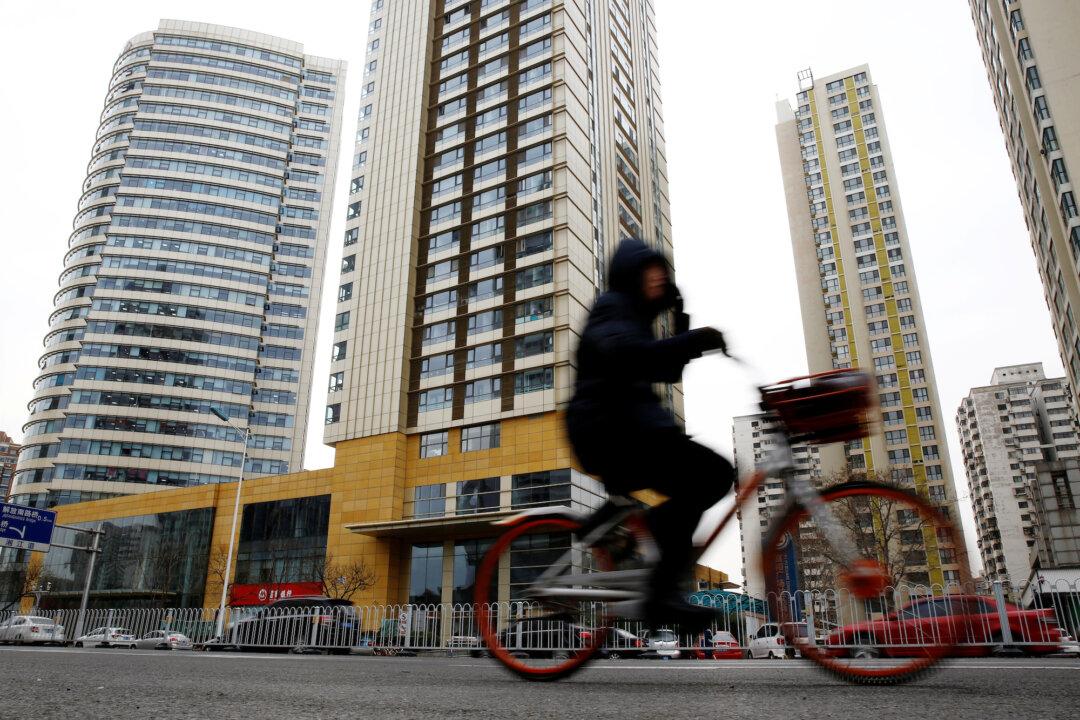Locally transmitted cases of COVID-19 have occurred one after another in Tianjin this month. An infectious disease expert told The Epoch Times the situation is indicative of a community spread in the city. On Nov. 19, a local hospital was locked down after a patient tested positive for the CCP (Chinese Communist Party) virus (novel coronavirus), which causes COVID-19.
On the evening of Nov. 19, netizens posted a video on Chinese social media Weibo, stating that a patient at TEDA Hospital in Binhai New Area in Tianjin had tested positive. They said the hospital had been locked down and the street was blocked by police.




